The Financial Times recently sounded an alarm that resonates deeply in our hyper-connected yet increasingly fragmented society: the quality of one's relationships is emerging as a new class divide. This isn't about the quantity of connections – your LinkedIn count or Instagram followers – but rather the depth, reciprocity, and strategic value of the relationships you maintain. As economic inequality hardens globally, sociologists and economists alike are observing how relational capital operates as an invisible currency, granting access to opportunities that money alone cannot buy.
Gone are the days when class could be neatly measured by income brackets or property ownership. Today, the privileged class cultivates what sociologists call "high-yield networks" – carefully curated circles where favors, information, and introductions flow seamlessly. These networks function like interpersonal hedge funds, compounding in value over time. The working class, meanwhile, often relies on what researchers term "depletion networks" – relationships that demand emotional labor without providing upward mobility. The middle class finds itself trapped in "transactional networks," where connections are maintained through constant reciprocity but rarely open doors to new social strata.
The pandemic accelerated this stratification in unexpected ways. Remote work didn't level the playing field – it simply changed the rules of the game. Those with established strong ties could maintain them through Zoom calls and WhatsApp groups. But for those whose relationships depended on physical proximity – the office watercooler, the neighborhood pub – the social fabric began to unravel. Research from the London School of Economics shows that during lockdowns, the professional class increased their network diversity by 17% through virtual means, while service workers saw their already limited networks shrink by nearly a third.
This relational divide manifests in concrete economic outcomes. Harvard Business School tracked MBA graduates over twenty years and found that those who maintained "multidimensional relationships" (combining professional and personal bonds) earned 3.7 times more than peers with purely transactional networks. In tech hubs like Silicon Valley, access to venture capital flows almost exclusively through warm introductions from trusted intermediaries. The old boys' network hasn't disappeared – it's simply upgraded its operating system.
What makes this new class divide particularly pernicious is its self-reinforcing nature. Relational wealth begets more relational wealth. The child whose parents can arrange internships through their networks gains not just work experience but the ability to form high-status connections early. Universities, once seen as great equalizers, now function as network accelerators for those already relationally privileged. A Oxford study revealed that students from elite backgrounds maintain 82% of their school connections post-graduation, compared to just 31% for first-generation students.
The corporate world has developed an entire vocabulary to mask this phenomenon. "Culture fit" often serves as code for relational compatibility with existing power networks. "Soft skills" training frequently means teaching employees from working-class backgrounds to mimic the social cues of their more privileged colleagues. The glass ceiling hasn't shattered – it's simply been reconfigured as a relational barrier, invisible but impenetrable to those without the right social capital.
Some organizations are fighting back against this quiet segregation. Forward-thinking companies are implementing "network audits" to map relationship patterns and identify excluded employees. Certain venture capital firms now allocate "no-connection" funding slots specifically for founders outside traditional networks. In Sweden, some schools have begun teaching "network literacy" alongside traditional subjects, recognizing that relational skills must be deliberately cultivated rather than left to chance.
As we navigate this new terrain, individuals face difficult choices. The pursuit of relational mobility often requires painful trade-offs between authenticity and advancement. Do you abandon the friends who can't help your career? How many networking events can you endure before losing yourself? These aren't just personal dilemmas but societal ones, as the relational class divide threatens to harden into a permanent caste system where birth determines not just what you have, but who you can become.
The Financial Times warning should serve as a wake-up call. Unless we confront how relationships now function as capital, we risk creating a society where opportunity depends not on merit, but on the accident of who returns your calls. In an age of loneliness epidemics and digital connection, the quality of our relationships may determine not just our happiness, but our place in the emerging social order.
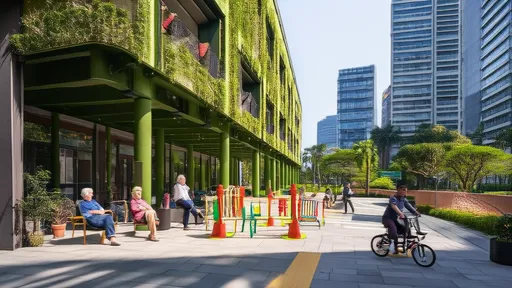
By /Jul 28, 2025

By /Jul 28, 2025
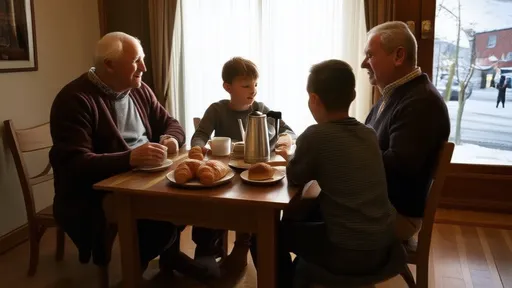
By /Jul 28, 2025
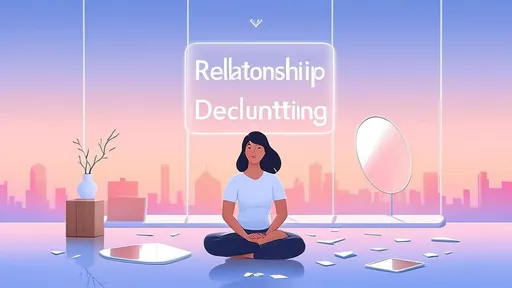
By /Jul 28, 2025
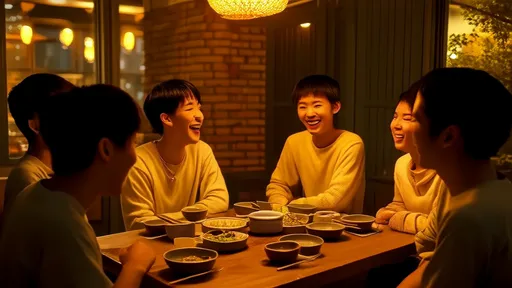
By /Jul 28, 2025
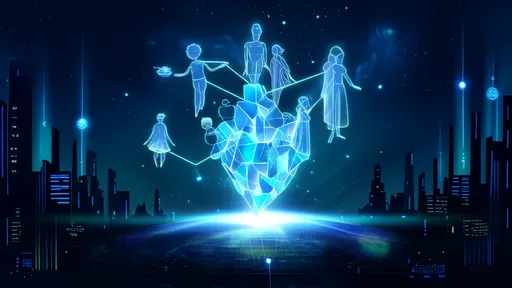
By /Jul 28, 2025

By /Jul 28, 2025

By /Jul 28, 2025

By /Jul 28, 2025

By /Jul 28, 2025

By /Jul 28, 2025

By /Jul 28, 2025

By /Jul 28, 2025

By /Jul 28, 2025

By /Jul 28, 2025

By /Jul 28, 2025

By /Jul 28, 2025

By /Jul 28, 2025

By /Jul 28, 2025
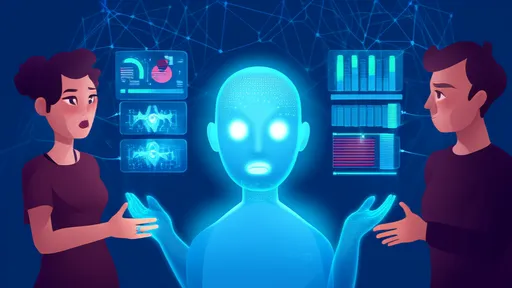
By /Jul 28, 2025